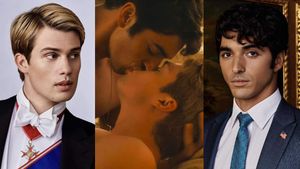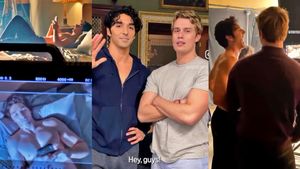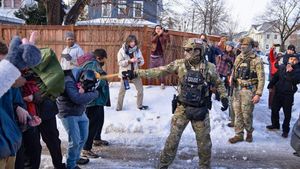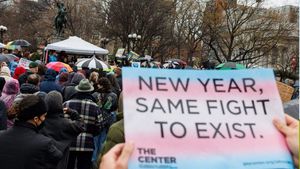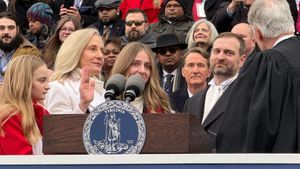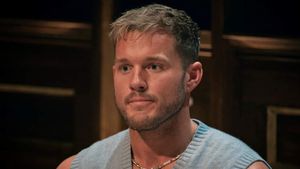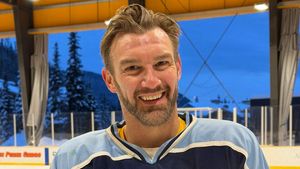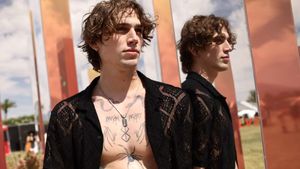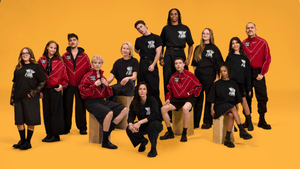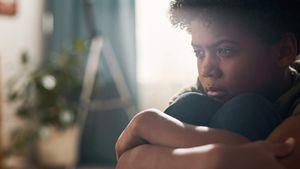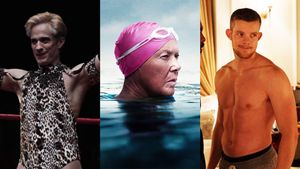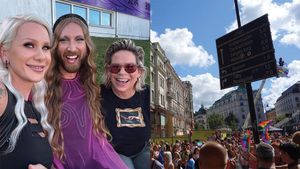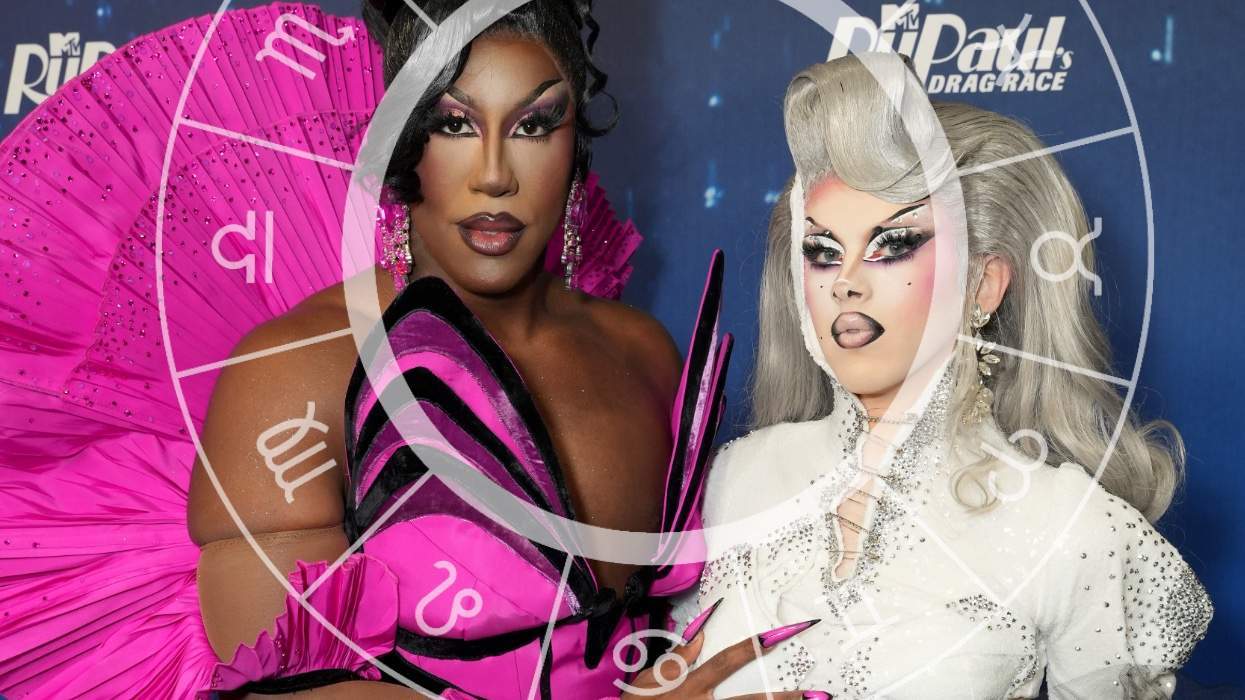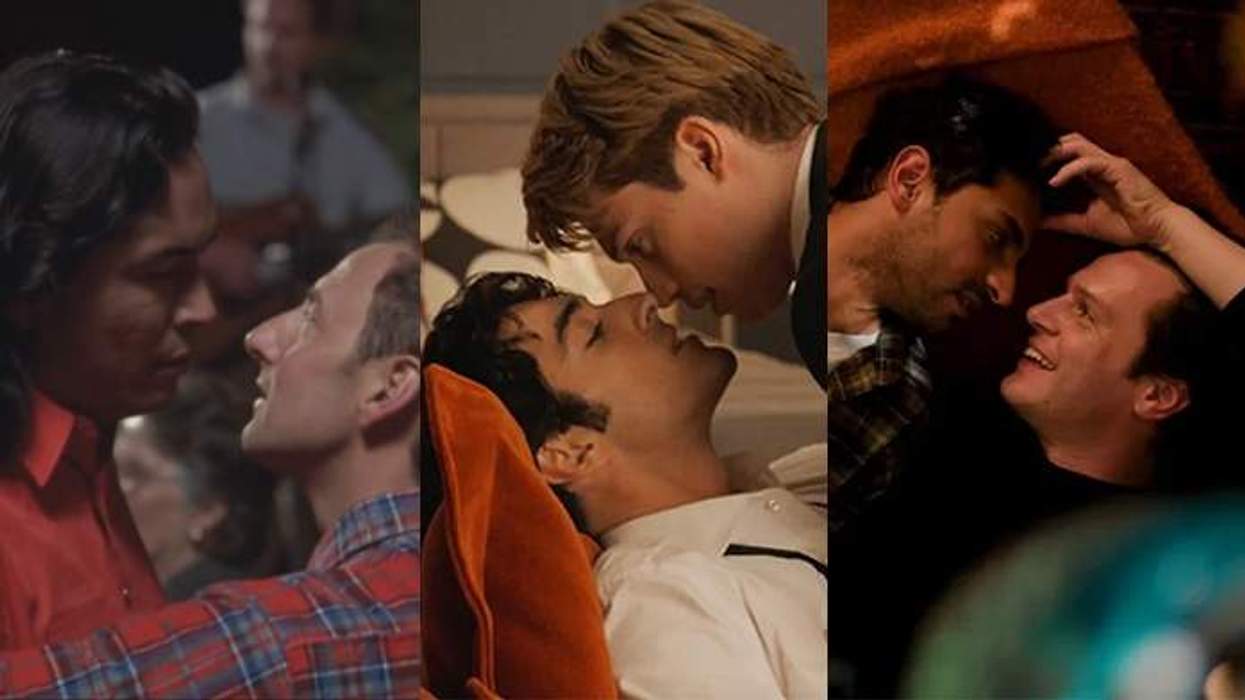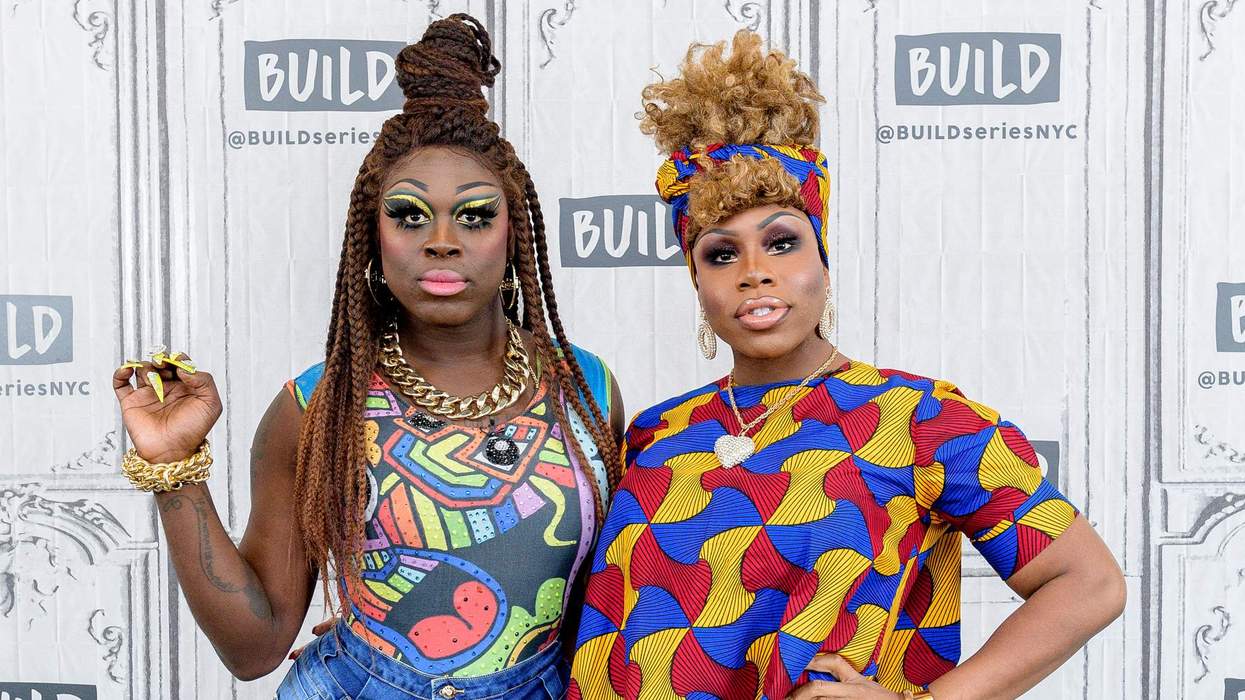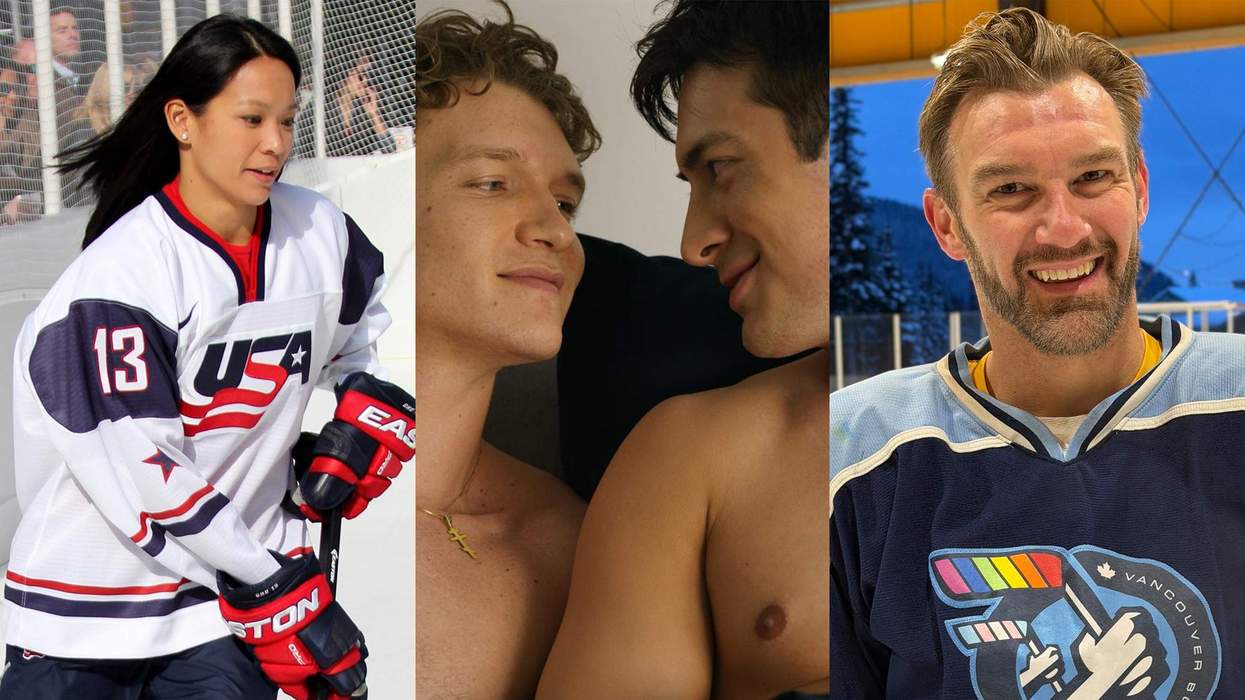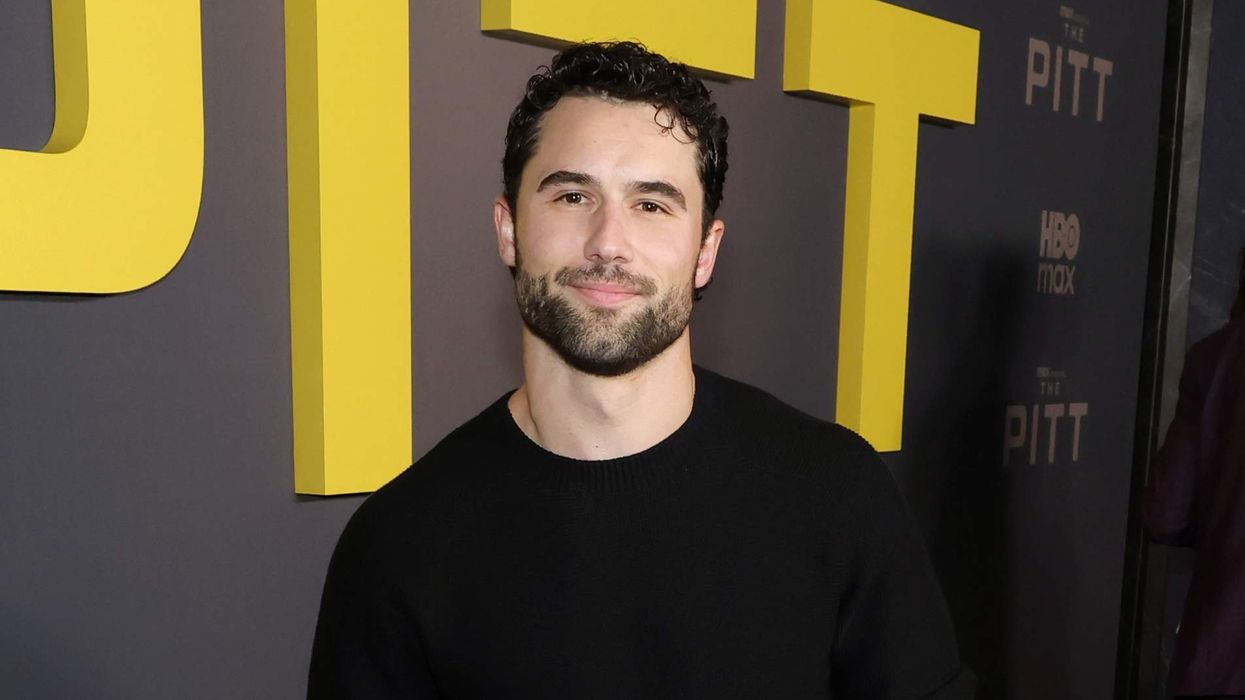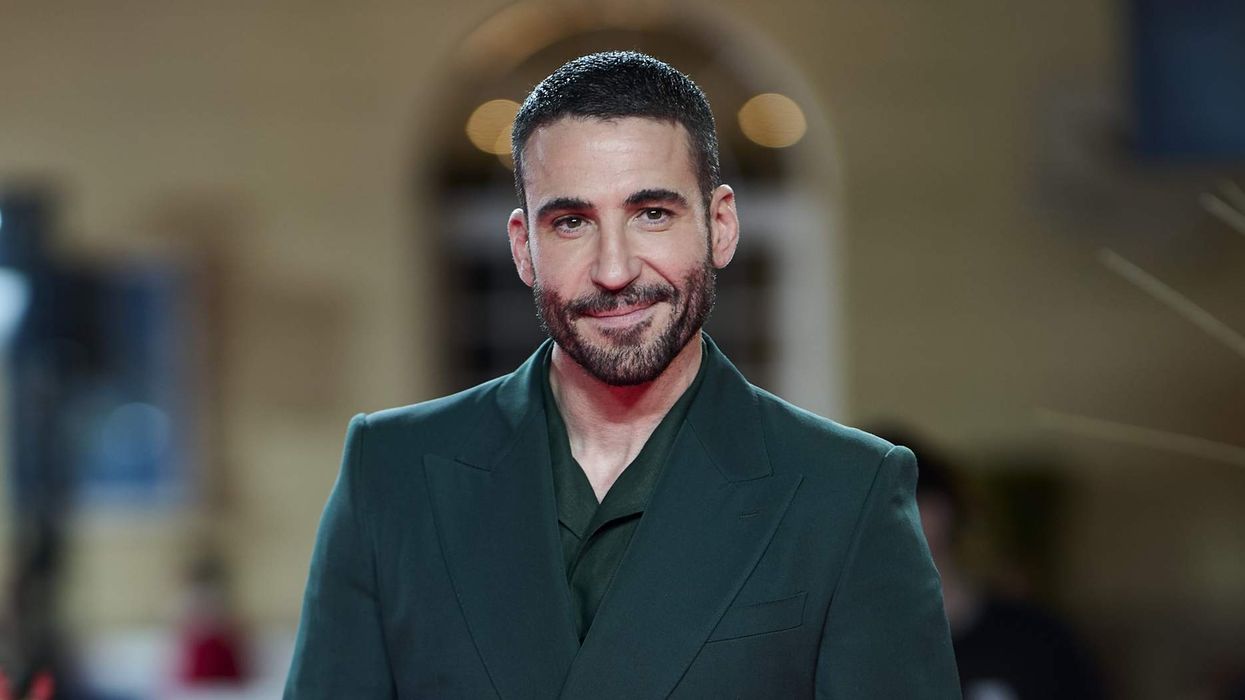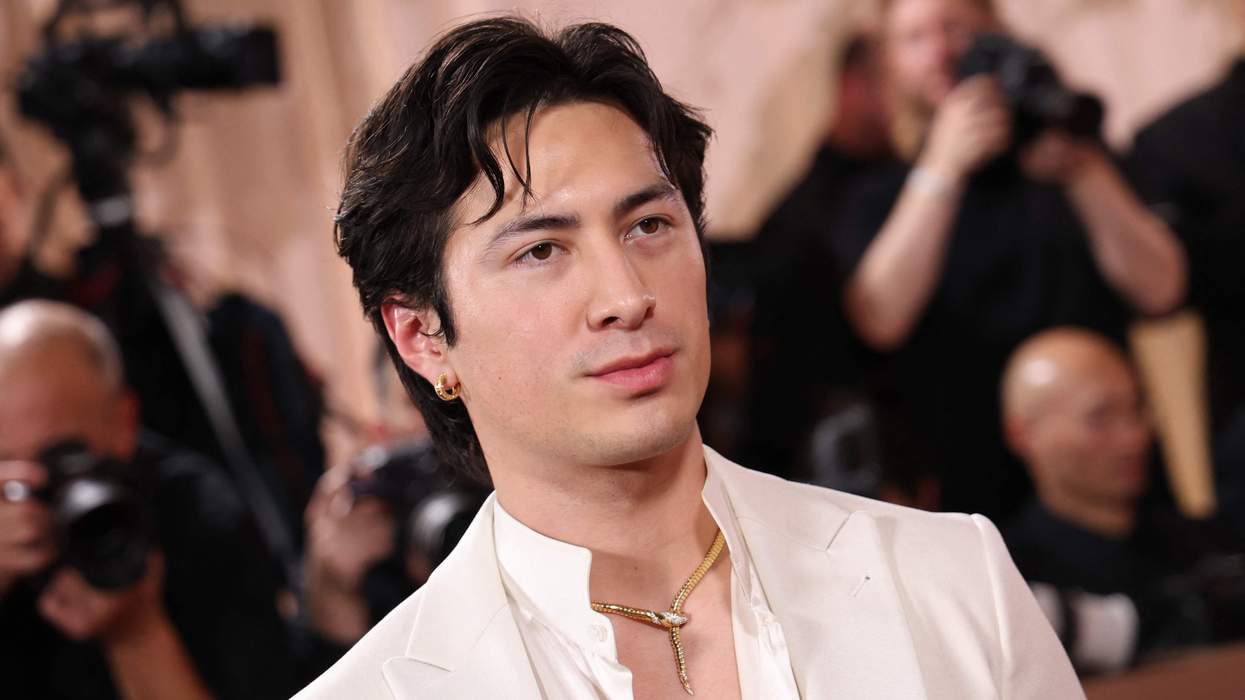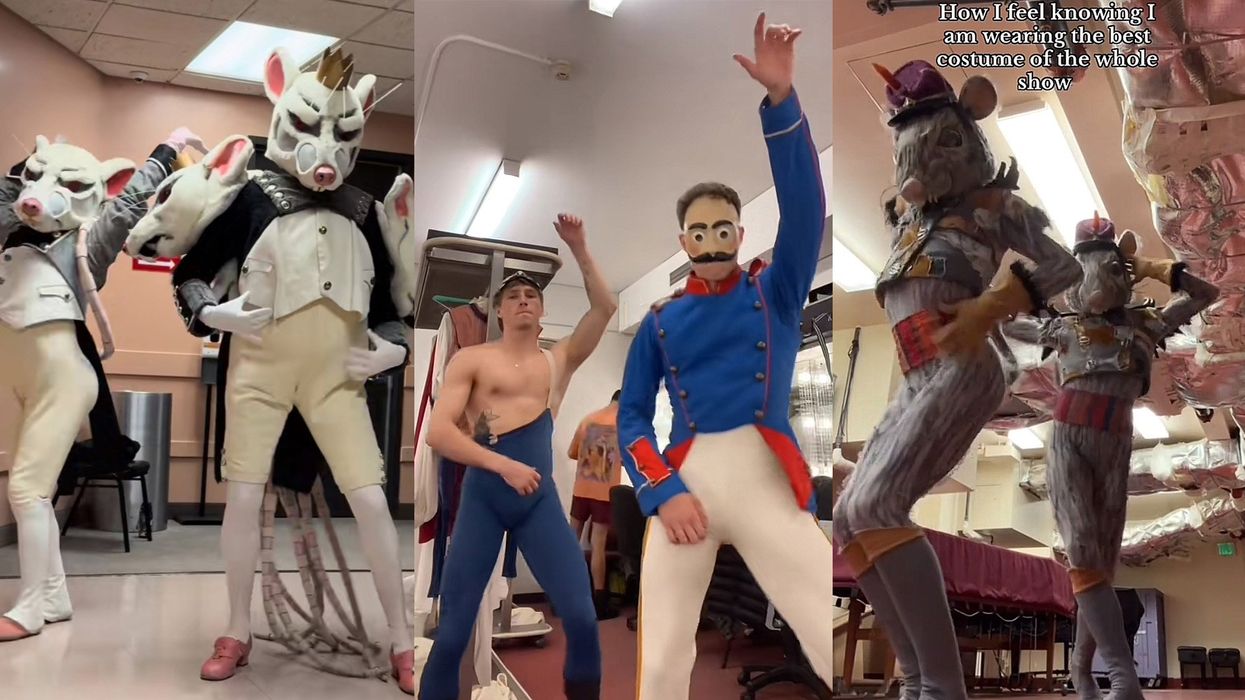This weekend, breakers were back on the floor, many for the first time since the pandemic set in. Red Bull BC One, the world’s largest breakdancing competition, put on a cypher in Boston at Big Night Live, playing host to 16 b-boys and eight b-girls. For many of them, the El Nino and MyVerse-hosted event was the first time back in the mix since the world shut down, and this posed simply as a preliminary for the national competition in Florida later this month.
Rascal Randi, who has been breaking for more than 14 years and has performed at gigs like the Grammys and the Billboard Music Awards, went home victorious, beating out the other b-girls. Here, PRIDE talks to the genderfluid performer about the return to the competition and how she’s helping to build a safe space for queer people in her sport.
What was today like for you?
Today was great and also like my first time back in the mix after [the pandemic.] So to be at the event and be around this much energy and keep your energy stable — I could feel my adrenaline start to pump and I could feel myself getting nervous again. It’s all fun feelings and then figuring out how to ride that out for the full event. But nothing beats a live crowd. Nothing beats feeling people close by in the battle. Nothing beats good music and cyphers.
This is the best thing I’ve done in a minute since the shut down.
What about the level of competition?
It was interesting because a lot of the BC Ones are invite-only so you know ahead of time who you're going to go against. This one had open prelims so I had never met the girl I danced against. So I had never seen her dance and had no idea what to expect. So you’re kind of like making decisions in the moment because you can’t plan ahead. But that’s kind of what made it feel like an old-school battle where you just meet in the battle.
But I would say over half the B-girls tonight, I had never met before.
You talked about the pandemic being over, what did you get up to during that time?
I think the last year and a half was really the perfect time to slow down. So I was not taking jobs, I was not battling, I just got back in the lab and worked on me as a dancer. It was about being home and being settled and grounded. It was also about reflecting on things. I think the dance scene is having a major moment of reflection in general and it’s long overdue I think. It’s interesting to watch that unfold as we open back up. It’s also about doing my part by stepping back into the spaces and making safe spaces while still being competitive.
Can you explain a bit more about these safe spaces?
Yeah! You know, we’re not talking about just dancers, we are talking about a whole culture that has been passed down for generations. So, to walk in and be like "oh this needs to change" is not the way to do it. But, there are some older mentalities that we are looking to progress forward on. You know, I’m queer so in hip hop it’s not always a super safe space for queer folks. It’s not a super safe space for nonbinary folk or women all the time. So how do we honor and preserve the culture and also grow and mature in certain ways so that everyone feels welcome.
You still have to prove yourself but we want to make it so at least it feels like a safe space to prove yourself and put in work.
Yeah, it’s interesting because you don’t think about it but things as simple as the terms b-boy and b-girl are a binary.
Yeah! And it’s amazing that these conversations are even being had — I think that’s a step in the right direction. But it’s about figuring out how we still have subcategories but still honor folks who don’t subscribe to male or female and also leave room for them to decide where they fall in certain categories.
Obviously this isn’t just happening in dance, we’re seeing it at the Olympics this year.
Exactly! I think we often forget that we are a subculture and often times we are reflecting things from the greater society. And as much as we want to not reflect those things, they sometimes seep in. So like what’s happening with the Olympics and everything — which is being led by the youth.
Dance and breaking has always been about the youth so hopefully that brings that aspect in. I mean, I’m even learning things from the youth as a queer person. Like, “oh that’s the new terminology” or how we think about this.
In 2024, breaking is supposed to be actually at the Olympics and I read you’re involved in that a bit.
So there’s USA Breaking which is a group that’s trying to advocate for Breaking in the Olympics. I’m a part of the Athlete’s Council which is a bunch of active athletes, some of whom were here tonight, who are just trying to make sure what you see at the Olympics is as close as possible to what you see in this room. We know when money gets involved and when the greater powers get involved things shift, and access shifts. So we’re all just trying to figure that out and keep it authentic.
It’s a really amazing place to be and a lot of work.


